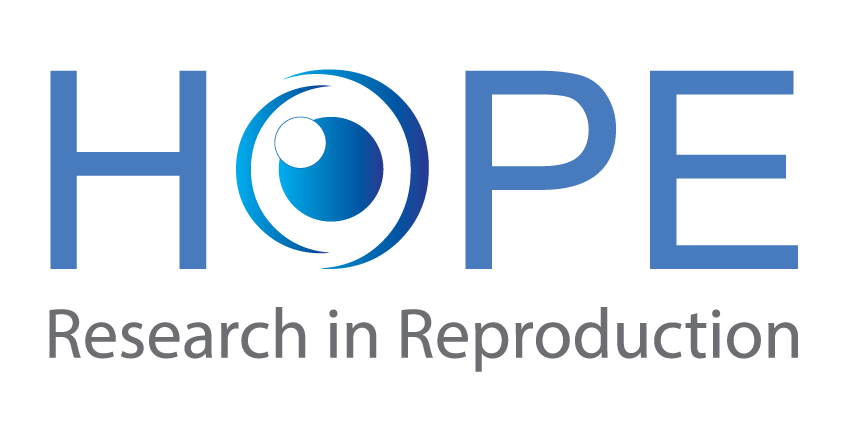https://doi.org/10.1142/S2661318224500051
Published: 5 January 2024
Long Ho Le1, Ngoc Anh Vu Ho1, Toan Duong1, Manh Tuong Ho1, and Ngoc Lan Vuong1,2
1IVFMD and HOPE Research Center, Ho Chi Minh City, Vietnam
2Department of Obstetrics and Gynaecology, University of Medicine and Pharmacy at Ho Chi Minh City, Ho Chi Minh City, Vietnam
Abstract
Background: Follicle-stimulating hormone (FSH) is widely used during assisted reproductive therapy to facilitate the development of multiple follicles. In turn, the number of oocytes retrieved has been shown to relate to the live birth rate. This retrospective study investigated the correlation between the total FSH dose used and the cumulative live birth rate in individuals who had undergone in vitro fertilization/intracytoplasmic sperm injection (IVF/ICSI).
Methods: This retrospective study included women undergoing IVF/ICSI using a gonadotropin-releasing hormone antagonist protocol who had a regular menstrual cycle and an expected normal response to ovarian stimulation. Cumulative live birth rate was defined as the first live birth following the use of all fresh and frozen transfers of embryos derived from one stimulated IVF/ICSI cycle.
Results: The analysis included 7,130 stimulated cycles in 6,517 individuals (9,138 transfers). The mean age, antral follicle count, and anti-Müllerian hormone level were 32.7±4.6, 16.0±22.3, and 3.9±2.9ng/ml, respectively. The mean total FSH dose, total number of oocytes retrieved, and total FSH dose per oocyte retrieved were 2659.6±863.1 IU, 13.1±7.0, and 392.4±382.9 IU, respectively. There was a significant negative correlation between the total FSH dosage and the cumulative live birth rate in women aged ≤35 years (r=−0.11, 95% confidence interval [−0.14, −0.08]; p<0.001) and in those aged >35 years (r=−0.06, 95% confidence interval [−0.11, −0.02]; p=0.004).
Conclusions: The cumulative live birth rate decreased as the total FSH dose increased. These findings suggest that physicians may wish to avoid prescribing a high dose of FSH in women undergoing IVF/ICSI who are predicted not to have a poor response.
Keywords:
